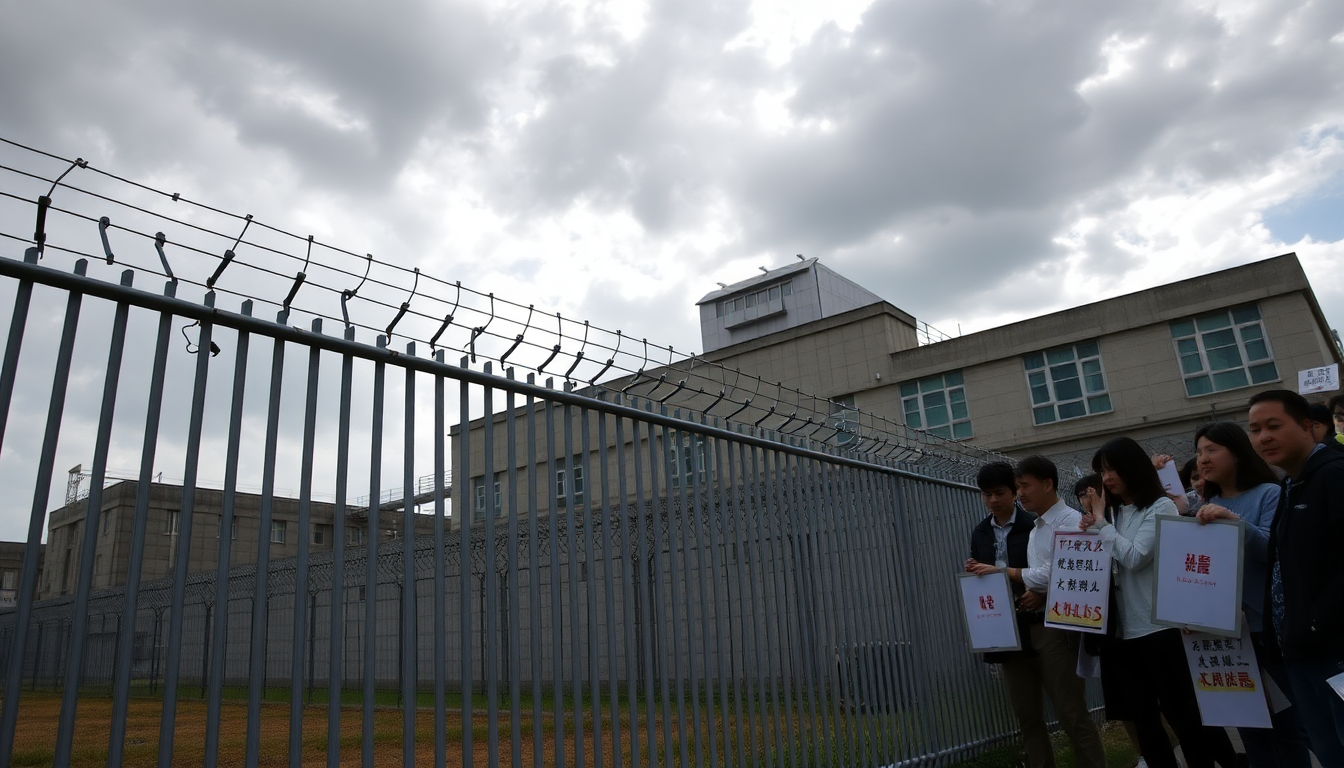Table of Contents
In a shocking turn of events that has reignited the debate over capital punishment in Japan, notorious criminal Takahiro Shiraishi faced execution for his horrific actions. This marks the first use of the death penalty in nearly three years, following a series of high-profile cases that have sparked intense public discussions about justice and morality. But what does this mean for Japan’s legal landscape?
The Crimes of Takahiro Shiraishi
Takahiro Shiraishi, infamously known as the ‘Twitter killer’, was convicted of murdering nine people—eight women and one man—in 2017. His chilling modus operandi involved reaching out to vulnerable individuals on social media, offering help to those contemplating suicide. Yet, behind this facade of compassion lay a sinister motive, culminating in the dismemberment of his victims within the confines of his small apartment in Zama City, Kanagawa Prefecture, near Tokyo. Reports reveal that he stored body parts in various coolers scattered throughout his home, a grim reminder of the extent of his crimes.
As Shiraishi’s trial unfolded, it revealed a disturbing level of selfishness that deeply affected society. Justice Minister Keisuke Suzuki, who approved the execution, underscored the necessity of addressing the shock and unrest Shiraishi’s actions caused. The decision to carry out the death penalty came after a meticulous review of the case, reflecting the gravity of his heinous acts.
Context of Capital Punishment in Japan
The execution of Shiraishi is significant not just for its brutality but also for its timing. This is the first capital punishment carried out since July 2022, when another individual was executed for a violent crime in Tokyo. Interestingly, this recent execution aligns with a shift in Japan’s political scene, occurring under Prime Minister Shigeru Ishiba, who took office in October of last year.
Japan’s stance on capital punishment has long been a hot topic, especially considering the psychological toll it inflicts on death row inmates, who are often notified of their execution just hours beforehand. Human rights organizations have criticized this practice, claiming it causes unnecessary emotional distress for those awaiting their fate. Yet, public sentiment largely supports the death penalty; a survey conducted in 2024 found that 83 percent of respondents believe it is an unavoidable measure. But is it really the best approach?
Implications for the Future of Justice in Japan
The execution of Takahiro Shiraishi has once again thrust capital punishment into the spotlight, sparking discussions about its place in the Japanese legal system. While some advocate for its abolition, arguing that it is an outdated practice, others view it as a necessary deterrent against heinous crimes. This case has also reignited debates about mental health support and the social responsibilities of individuals using platforms like social media to connect with vulnerable people.
As Japan navigates through these complex issues, the legacy of Shiraishi’s crimes will likely linger in public consciousness. His execution serves as a stark reminder of the darker aspects of human nature and the ongoing challenges society faces in ensuring justice and safety for all its members. What lessons can we learn from this tragic chapter, and how will they shape the future of justice in Japan?


